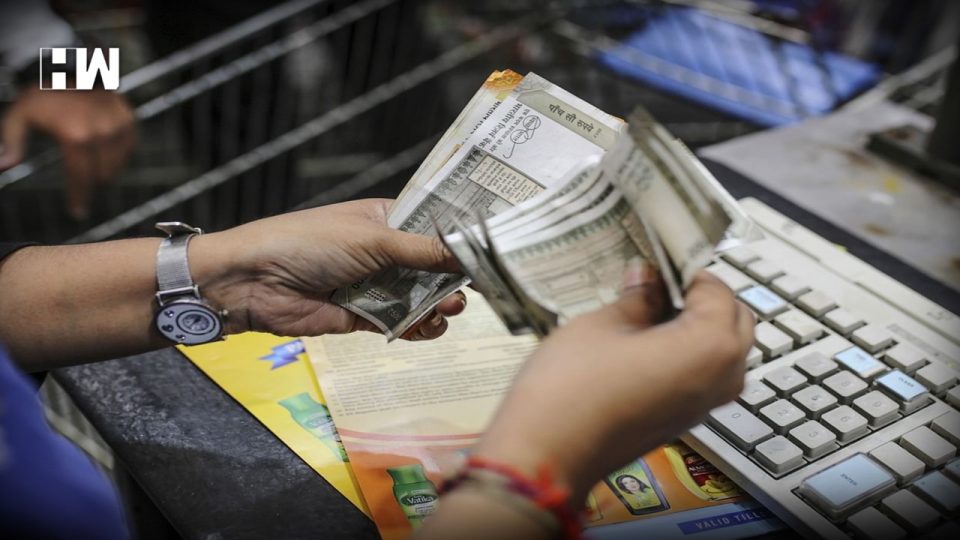The six-month loan moratorium period offered by the Reserve Bank of India (RBI) last year cannot be extended, the Apex Court ruled today.
The six-month loan moratorium period offered by the Reserve Bank of India (RBI) last year cannot be extended, the Apex Court ruled today. The Supreme Court gave it’s judgement on a batch of petitions on extending the six-month loan moratorium period and waiving interest payments on coronavirus support loans. Last year, on March 27, the RBI had announced a moratorium on loan instalments due between March 1 and May 31 and subsequently extended it by three months till August 31, 2020. The moratorium was granted in the wake of Covid-19 lockdown.
A complete waiver of interest during the moratorium period could not be granted as banks have to pay interest to account holders and pensioners, the top court said.
The banks and other financial institutions were earlier instructed by the central bank to credit the difference in compound interest and simple interest on repayments of eligible loans up to ₹ 2 crore due between March and August, by November 5 last year.
Besides loans to micro, small and medium enterprises (MSME) and credit card dues, the moratorium was meant for personal, housing, education, auto and consumer durables loans, subject to applicable conditions.
The lenders were asked to credit the amount irrespective of whether the borrower fully or partially opted for the relief, and claim a reimbursement from the government by December 15.
Estimated at ₹ 6,500 crore, the government has decided to bear the cost of the scheme.
At a later date, the government will reimburse the amount – which is the difference between compound interest and simple interest for the six-month period – paid by lenders on eligible loans.
As an independent media platform, we do not take advertisements from governments and corporate houses. It is you, our readers, who have supported us on our journey to do honest and unbiased journalism. Please contribute, so that we can continue to do the same in future.

